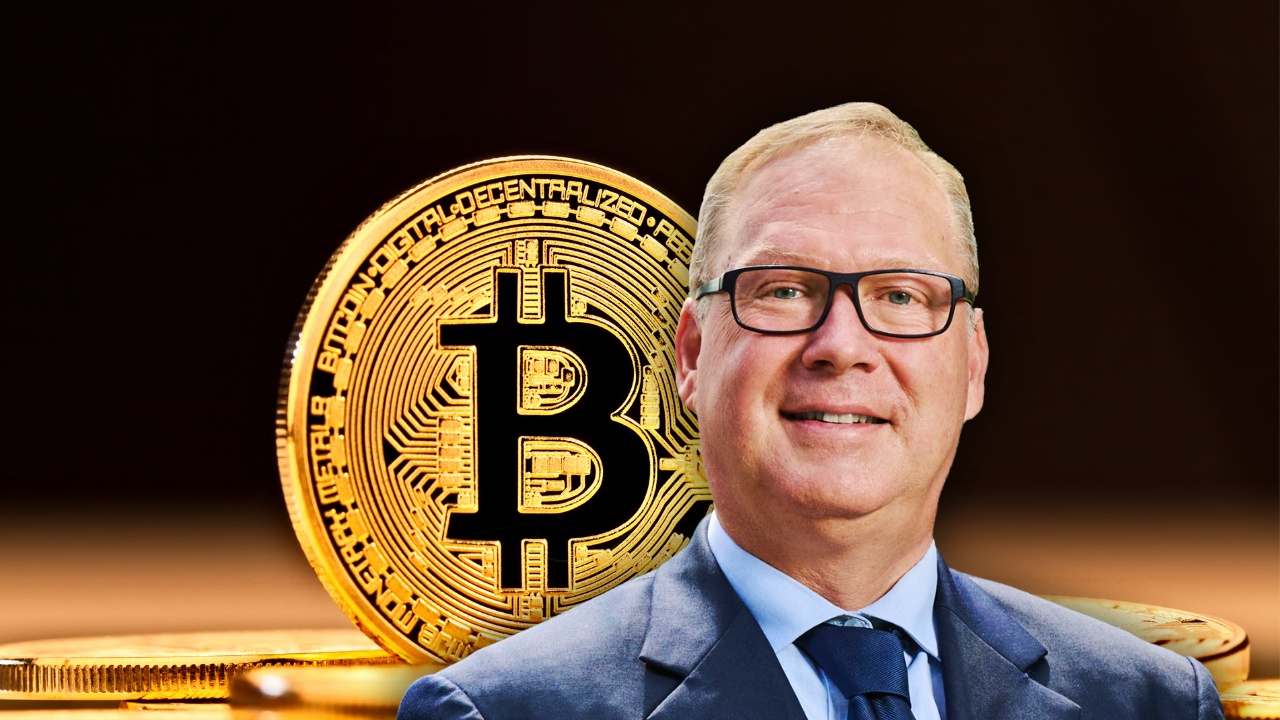$BTC (+0,17 %)
Tell me you have too big an ego without telling me you have too big an ego:
https://max-otte-fonds.de/max-otte-bitcoin-kritik/
The good Max Otte has finally found Bitcoin's flaw! As a critic for years, he was enraged by the constant new highs in the Bitcoin price.
Now he recently read the new book "Hijacking Bitcoin", in which Roger Ver, formerly known as the "Bitcoin Jesus", describes his view of the "Blocksize Wars" and claims that Bitcoin has been hijacked.
Between 2015 and 2017, a significant lobby formed around Roger Ver, also known as the "Big Blockers", who wanted to change Bitcoin by increasing the block size limit of Bitcoin (1MB per block). Almost all of the major institutional players at the time, such as Coinbase and Grayscale, were involved, as well as around 80% of all miners.
Behind closed doors on May 22, 2017, the so-called "New York Agreement", it was decided that the block size limit would be increased, resulting in a hard fork of the network. Almost all of the institutions in the "big blocker" camp were involved, but no one from the "small blockers" was invited.
https://dcgco.medium.com/bitcoin-scaling-agreement-at-consensus-2017-133521fe9a77
The big blockers called for the block size limit to be increased so that Bitcoin could be used quickly as a means of payment. The larger the blocks, the more transactions could have been executed per block.
But what would have been the fatal consequence?
Due to the large blocks, the blockchain would have quickly grown into a data monster.
Today, thanks to the block size limit, anyone can operate a Bitcoin fullnode (node) at home with a small mini-computer. This full node can be seen as a voting right in the network, as each individual can decide for themselves which updates to the Bitcoin network to install on it - and which not.
If the blockchain were many terrabytes in size, it would probably be difficult for private individuals to afford to operate such a node.
-> The network would have become increasingly centralized.
But which players would have had the capacity to do so?🤔
The institutions that wanted the large blocks, of course. Basically, the institutions tried to take control of the network (not the other way around!) and would have been able to determine the rules of the network in the long term.
Long Story Short: The people with their nodes did not install the update at the time and did not bow to the institutions.
The fork of the network $BCH (+0,8 %) was created, which today has no economic relevance compared to Bitcoin. The miners were forced to remain in the conventional Bitcoin network, as they would have earned nothing in a network without users.
This event has shown how resilient the Bitcoin network is to such "hostile takeovers".
Have a nice evening!











